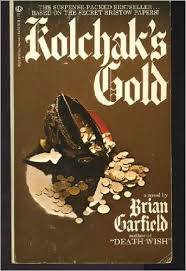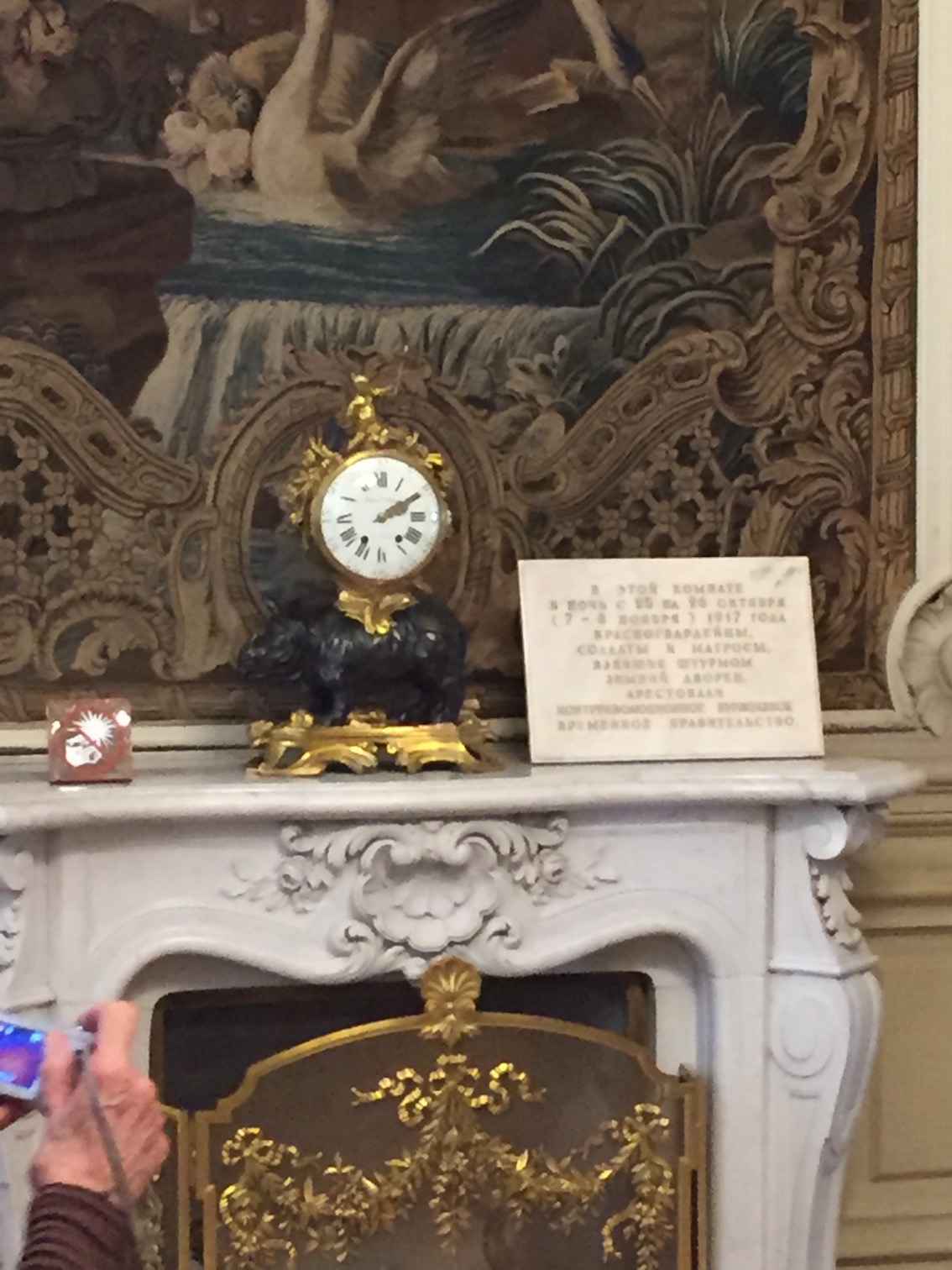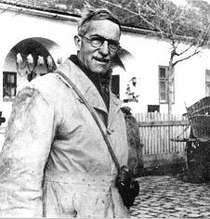The genre is thriller but not the breathless, cross-cut, cryptic kind that conceals its lack of substance with smoke and mirrors.

In this case a historian comes across some undiscovered archival material. From this premise a mystery and a quest unfold. It is a reasonable premise since in its many convulsions Russian records have often been boxed up and sent off to the warehouses in the countryside and forgotten, because those who sent them died without time to leave records of the distribution. In the Kremlin treasury we were told many Tsarist gold bars were found buried in barn a few years ago in unopened boxes, stashed at least since the Civil War, each bearing the double eagle.
The exposition of the revolution, the communist coup d’état, and the Civil War was of especial interest to me as I read it while in Moscow, traversing museums and galleries rich in the detail of that period, having just done the same in St Petersburg. The factions, divisions, and differences among the White Russians goes a long way to explaining why they lost the Civil War. While they outnumbered and outgunned the Bolsheviks, they could never agree among themselves nor could they compromise with each other. As a result the Bolsheviks picked them off one-by-one.
The abdication of Nicholas II, accession of his younger brother Michael for one day and his replacement by Prince Lvov, then the liberal Alexander Kerensky, the ill fated Duma election that favoured the liberals and not the communists, the effort to continue the war which failed, and the coup at 2:10 a.m. in the White Dining room, which we visited where the clock stopped at that time.
 My snap of the White Dining Room.
My snap of the White Dining Room.
 The clock stopped at the time the door burst open.
The clock stopped at the time the door burst open.
The Romanov dynasty came full circle starting and ending with a Tsar Michael.
But the story is crowded and chops back-and-forth in time and place from those who stashed the gold, the Nazi effort to retrieve it, and our hero’s effort to track it down plus far too much of his back story, boring as usual.
 Brian Garfield
Brian Garfield
We do get rather too much of our hero’s many other publications, offered no doubt to credential him. While his description of the Israeli femme fatale is nicely done, it does go on and on. It was clear to this reader from the beginning that she was a honey trap but the protagonist was much slower to realise that it was not his lengthy cv or other charms alone that kept her coming back for more. Oh hum. There is one born every minute, per the sage.
Skip to content
